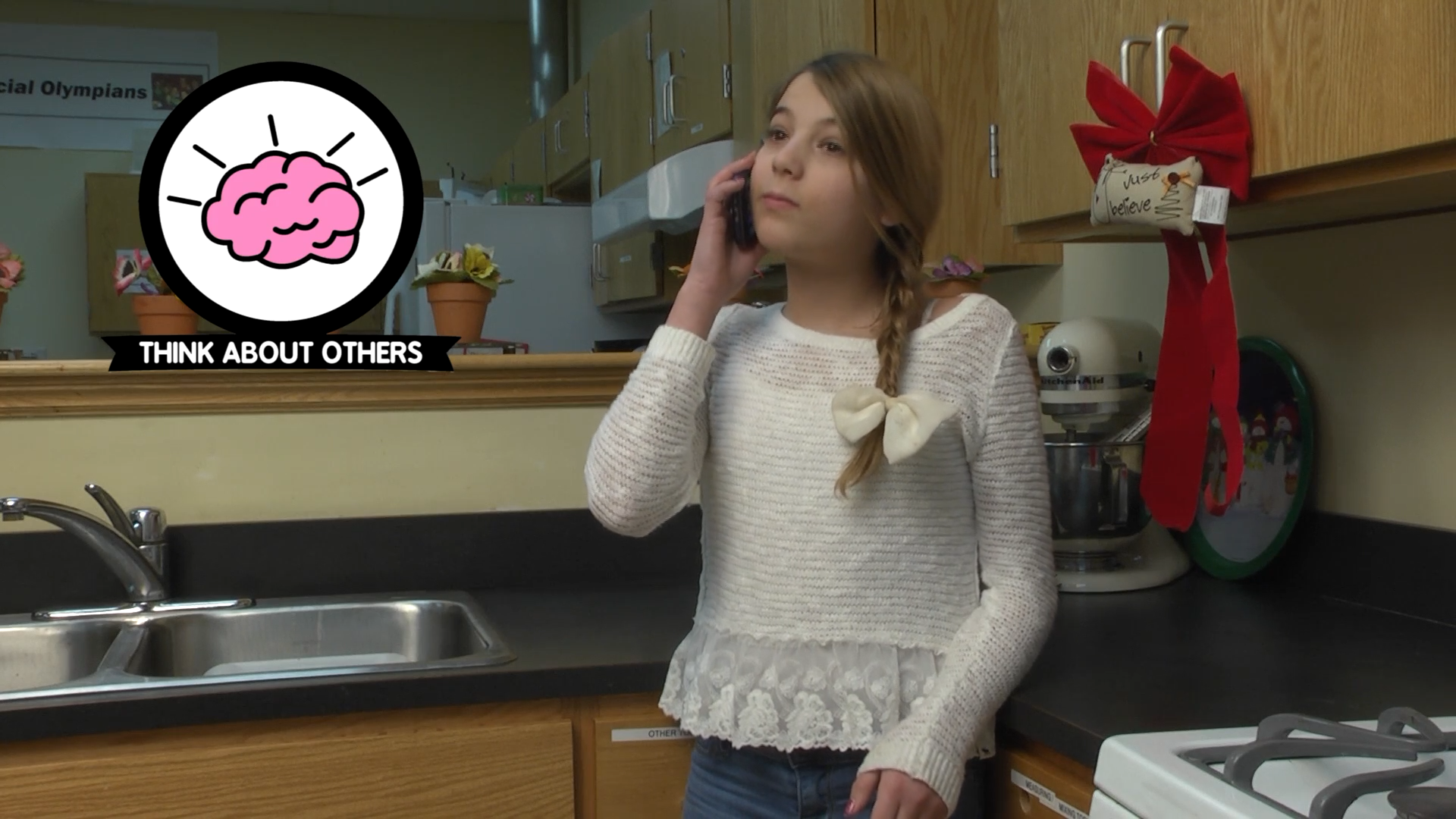
Introduction
Teaching phone etiquette is an important aspect of social-emotional learning for high school students. As they become more independent and start to communicate with friends, teachers, and potential employers, it’s essential that they understand the appropriate way to use a phone. In this blog post, we’ll discuss a no-prep activity, discussion questions, related skills, and next steps to help educators teach valuable phone etiquette skills to their students.
No-Prep Activity
‘Phone Call Scenarios’ is a simple, no-prep activity that can help students practice phone etiquette in a safe and controlled environment. To begin, the educator should divide the class into pairs. Each pair will take turns role-playing different phone call scenarios. The educator can provide a list of scenarios, such as calling a friend to make plans, contacting a teacher to ask a question, or calling a local business to inquire about job opportunities. The pairs should practice appropriate phone etiquette, including asking for the person they want to speak to, thinking about what they want to say before calling, and being mindful of the time they call. After each scenario, the pairs can discuss what went well and what could be improved.
Discussion Questions
- Why is it important to check the time before making a phone call? How can calling at the wrong time affect the person receiving the call?
- How can practicing phone etiquette help you build better relationships with friends, teachers, and potential employers?
- What are some strategies you can use to ensure you don’t forget important information when making a phone call?
- How can you handle a situation where you accidentally call the wrong person or someone else picks up the phone?
- Why is it important to be mindful of the number of times you call someone and what can be the consequences of calling too many times?
Related Skills
Beyond phone etiquette, there are other related skills that high school students should be familiar with to improve their social-emotional learning. These skills include:
- Active listening: Developing the ability to listen attentively and respond appropriately during conversations.
- Communication: Learning how to express thoughts, feelings, and ideas effectively in various situations.
- Conflict resolution: Understanding how to address disagreements and find solutions that work for all parties involved.
- Empathy: Developing the ability to understand and share the feelings of others, fostering stronger relationships.
Next Steps
Now that you have a better understanding of phone etiquette and its importance in social-emotional learning for high school students, we encourage you to explore additional resources and activities. To help you get started, we invite you to sign up for free samples of our skill-building materials at Everyday Speech. By incorporating these resources into your lessons, you can provide your students with the tools they need to succeed in their personal and professional lives.

